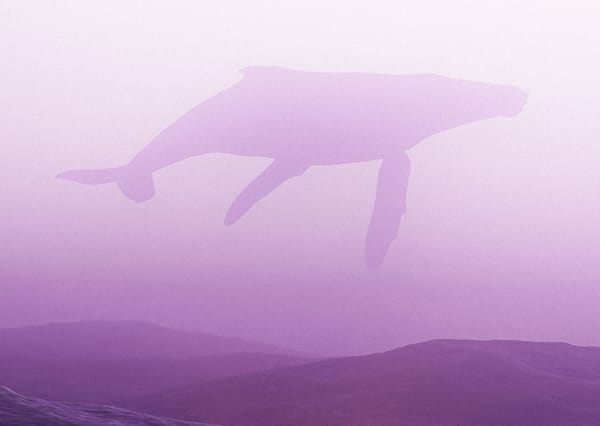Dying in a finite universe
In his book Infinite In All Directions (2002), Freeman Dyson, one of the tallest intellectual giants of our times, attempts to rescue eschatology from the specious grip of religion and teleology with a mix of scientific reasoning and informed speculation. During this, when describing the big crunch,
In his book Infinite In All Directions (2002), Freeman Dyson, one of the tallest intellectual giants of our times, attempts to rescue eschatology from the specious grip of religion and teleology with a mix of scientific reasoning and informed speculation. During this, when describing the big crunch, which is one way our universe could end, he moves smoothly from the rational track he has been sprinting on to a less exact but more pertinent and romantic description. In his words,
The songs I had are withered
or vanished clean,
Yet there are bright tracks
Where I have been,
And there grow flowers
For others' delight.
Think well, O singer,
Soon comes night.
I wonder if the universe will make this transition just as seamlessly, and the twilight of starstuff will prove to be just as pleasing, should it happen. Then again, to share Dyson's conviction is to embrace naturalism for that's all the beauty that we will see, and there is hope that it will be inexhaustible. Again, in his words and from the same book,
No matter how far we go into the future, there will always be new things happening, new information coming in, new worlds to explore, a constantly expanding domain of life, consciousness and memory.



